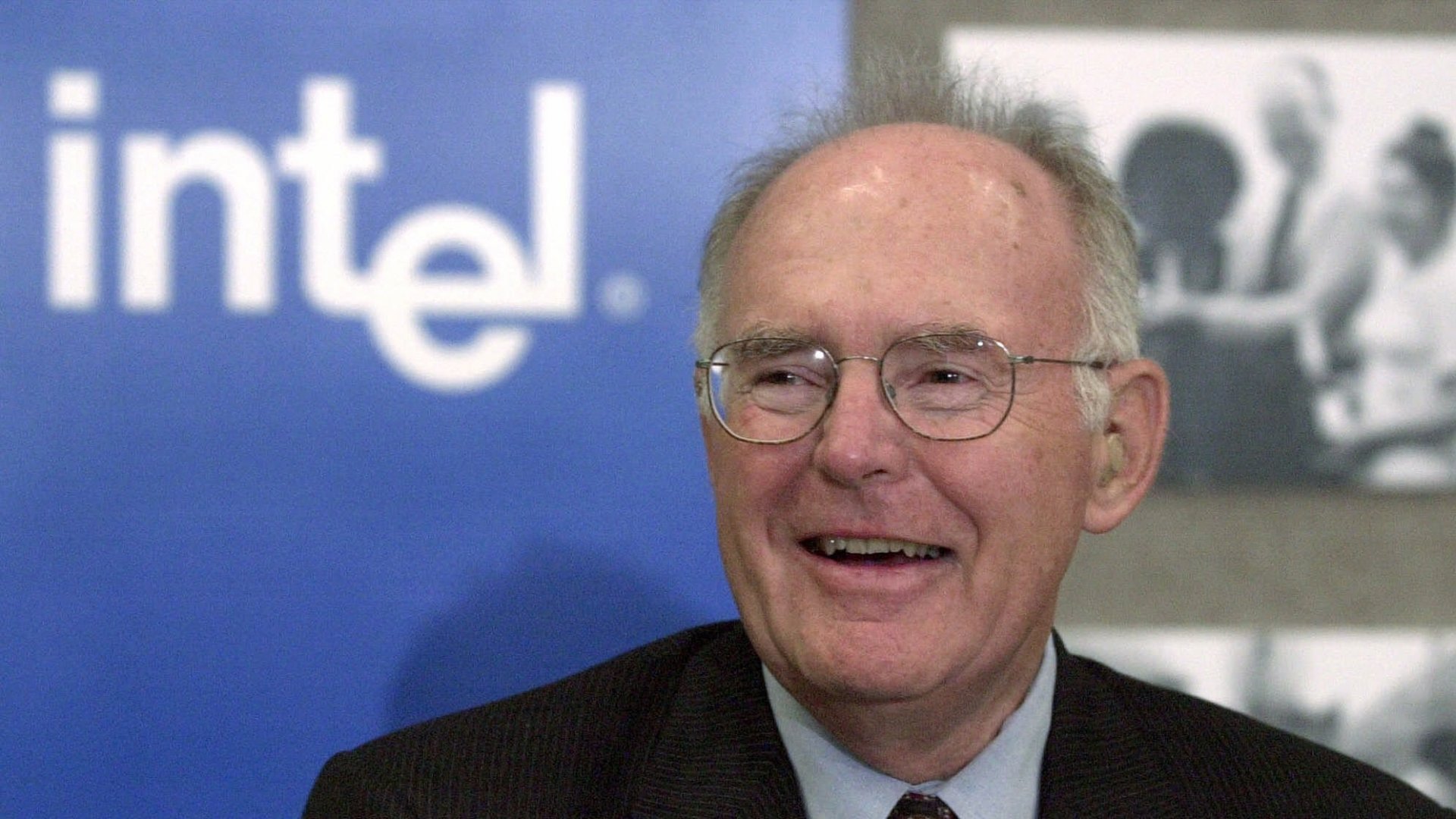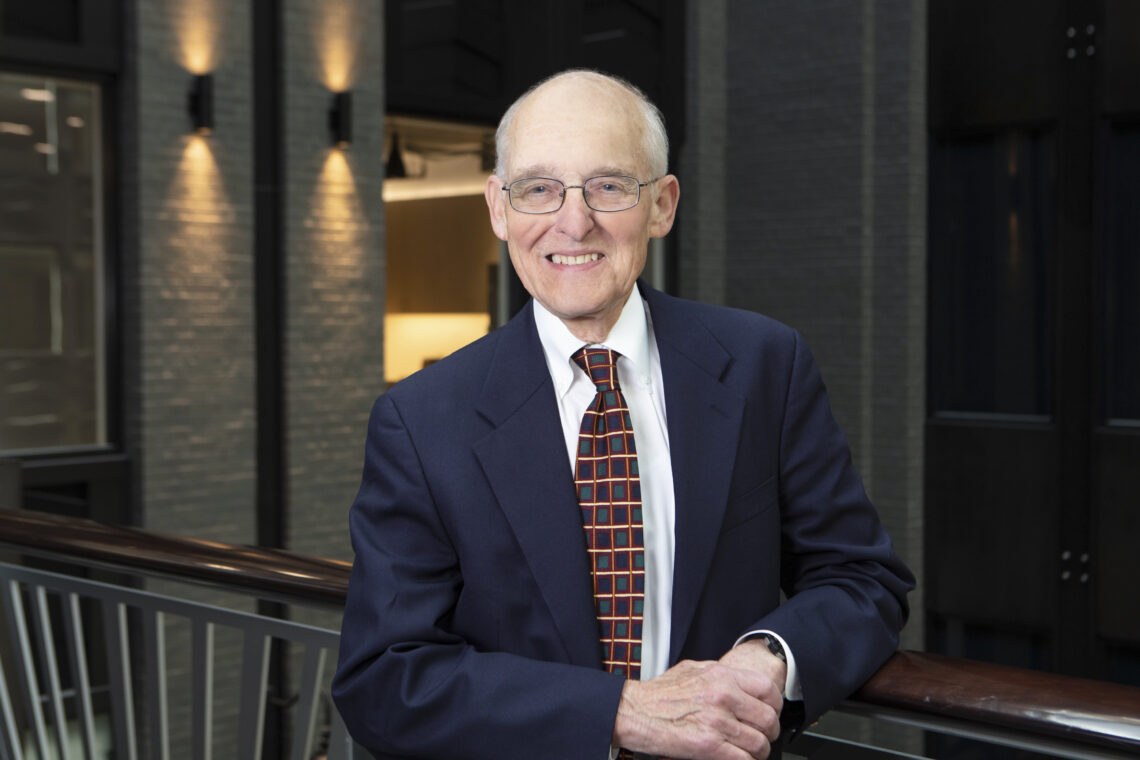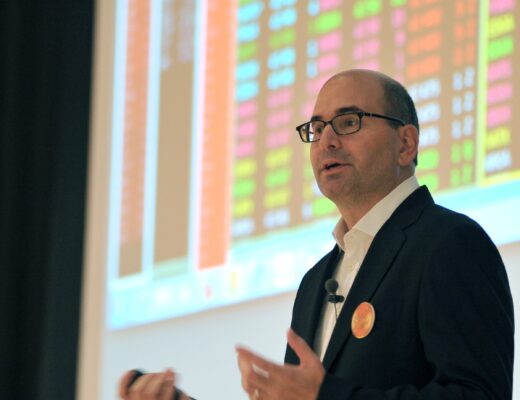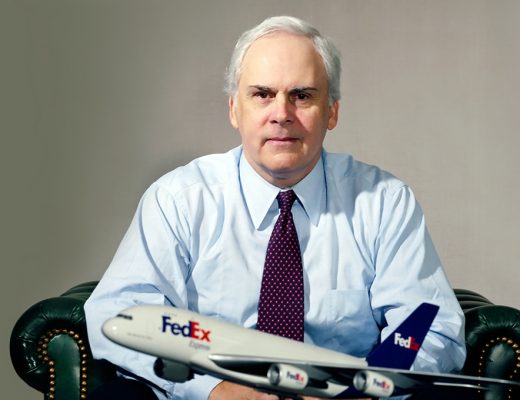Gordon Moore: a biography of the Intel founder
Gordon Moore has contributed enormously to the development of computer technology. He is one of the founders of the American technology giant Intel. In addition, he is known for the concept, which is called “Moore’s Law”.
Gordon was born in 1929, his father served in the county police. After graduating from the local university, Moore went to Berkeley, where he studied chemistry and received his degree in 1950. Four years later, he earned his doctorate in chemistry and physics. Concurrently, from 1953, he worked at Hopkins University, in research. Three years later he transferred to Shockley Semiconductor, based in Palo Alto. In the process, however, Gordon and seven other colleagues had a conflict with their supervisor, and they left. In 1957, they joined forces to form their own company specializing in silicon transistors.
In 1968 Moore and Robert Noyce decided to create their own business, leaving the previous company. This is how Intel came to be. Gordon gave his whole life to the business, retiring from emeritus status in 2006. Before that, he held the positions of President and CEO.
Apart from Intel, Moore was also involved in other activities. For example, from 1995 to 2001 he was head of the Board of Trustees at the University of California and is still on the Board of Directors of Conservation International. In 2000, Gordon and his wife created a foundation that supports environmental projects and also assists with various scientific research. In 2001, the couple made the largest philanthropic contribution ever given to a university. They gave $600 million to the University of California. And six years later, the same institution received from the Moore couple $200 million to build a telescope 30 meters high. It became the largest telescope in the world.
In 2000, Gordon and his wife created a foundation that supports environmental projects and also assists with various scientific research. In 2001, the couple made the largest philanthropic contribution ever given to a university. They gave $600 million to the University of California. And six years later, the same institution received from the Moore couple $200 million to build a telescope 30 meters high. It became the largest telescope in the world.
Another achievement of the businessman was Moore’s Law, which he discovered in 1965. It states that the number of transistors in a microprocessor chip tends to double every year. Ten years later Moore improved upon his law, stating that the number of transistors does not double every year but after two years. His discovery was crucial for the development of the semiconductor industry. It made it possible, over time, to reduce the cost of producing microchips while making them more powerful.
Gordon Moore’s services have been recognized with various awards and prizes. He received a medal from President J. Bush, and was also recognized for his achievements in the technology industry.










